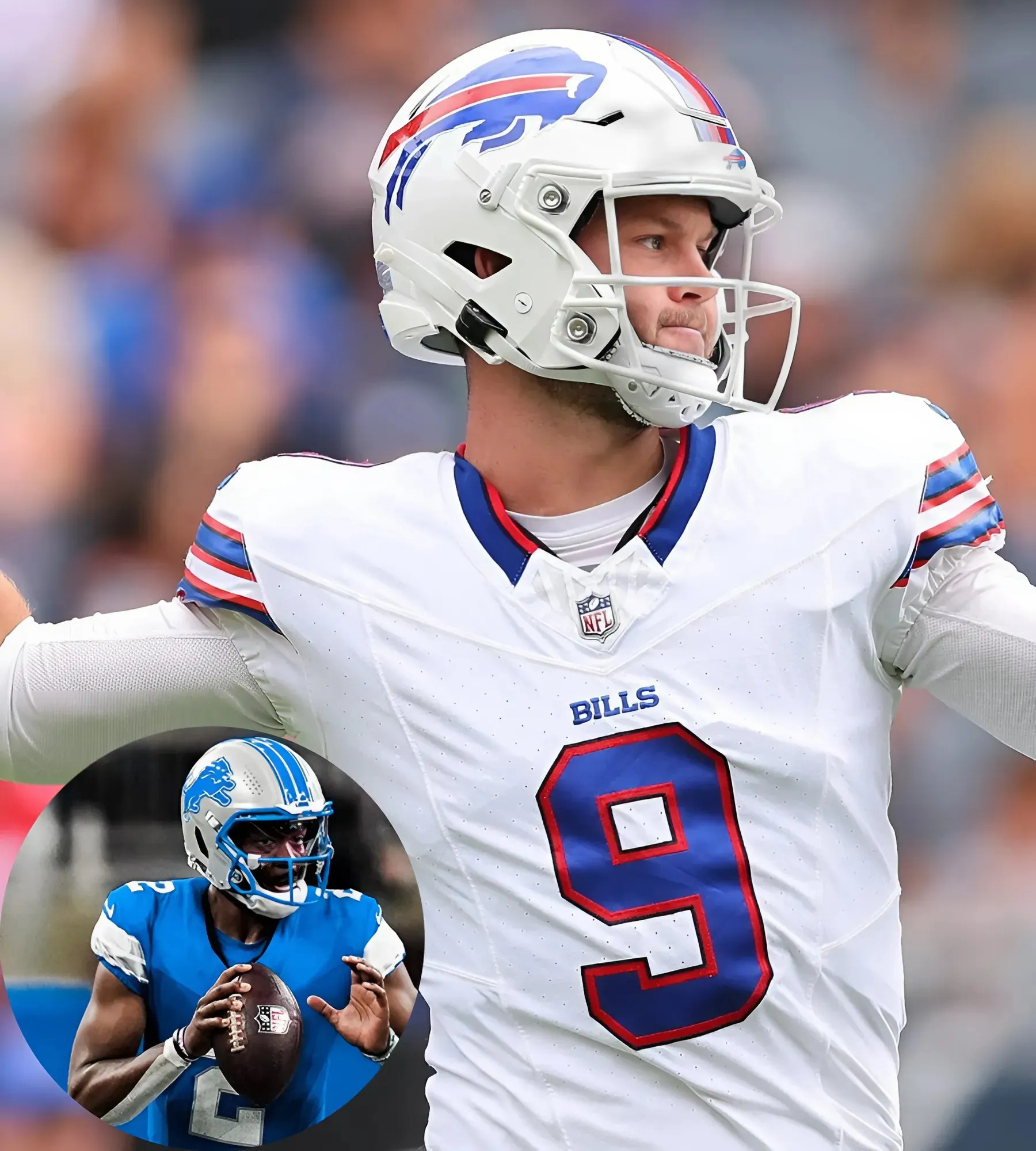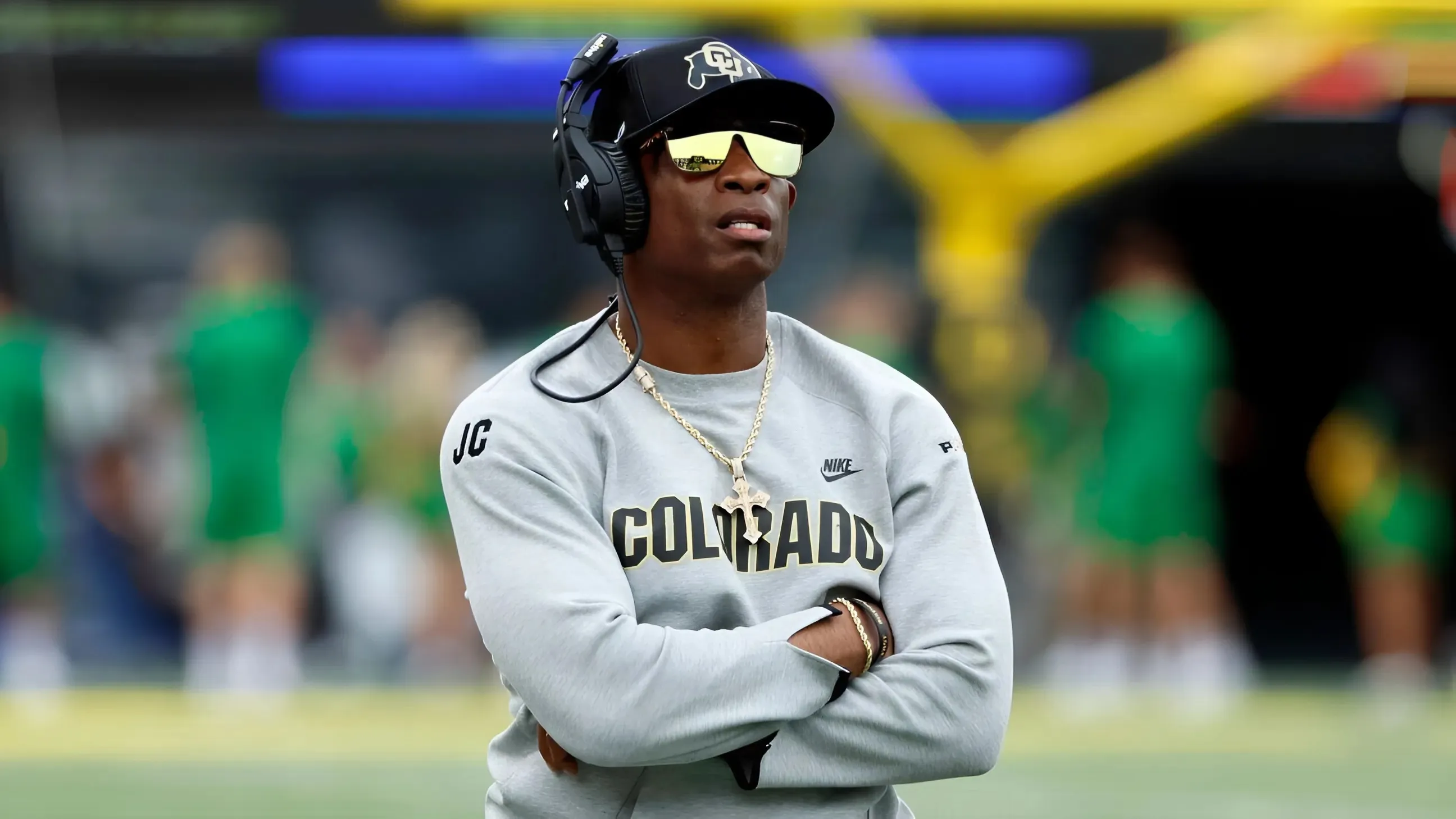The Chicago Bulls can only empower Coby White to take the next step by actually giving him the keys to the offense.
Time is running out for the Chicago Bulls to determine their own interpretation of the market value of scoring guard Coby White. White is entering the final season of his current contract, due to make a team-friendly figure of $12,888,889 in 2025-26.
Before running the risk of either undervaluing or overvaluing White in free agency, the Bulls must finally commit to giving the 25-year-old a featured role in the offense.
Despite playing six seasons for the Bulls, White has never truly been empowered to explore his potential with the team. There were flashes of his remarkable upside in 2023-24 and 2024-25, but the presence of Zach LaVine routinely took the ball out of White's hands.
Even still, White averaged 19.7 points, 4.8 assists, 4.1 rebounds, 0.8 steals, and 2.8 three-point field goals made per game on .450/.373/.873 shooting between 2023-24 and 2024-25.
During that time, he averaged 15.2 field goal attempts and posted a usage rate of 23.5—strong, but nowhere near star-caliber levels of responsibility. With LaVine now playing for the Sacramento Kings and White operating as the most proven perimeter scorer in Chicago, the time has never been better to go all in.
If the past two seasons have proven anything, it's that he's ready for a heavier workload—if the Bulls will finally sustainably give it to him.
Bulls must empower Coby White to thrive without Zach LaVine
LaVine played his final game with the Bulls on Jan. 27. White appeared in 34 of the Bulls' next 35 games, averaging 22.9 points, 4.2 assists, 4.0 rebounds, 0.8 steals, and 2.8 three-point field goals made on .470/.378/.922 shooting.
During that time, Chicago amassed a record of 19-15 with White on the court—a vast improvement over the 20-27 record it compiled before that period.
It wasn't the first time that a LaVine absence spawned a massive step forward from White. In 2023-24, the two-time All-Star went down with an injury on Nov. 28, playing just seven games the rest of the way and clearing the path for White's initial surge.
Across that 60-game period, White posted averages of 20.8 points, 5.5 assists, 5.1 rebounds, and 2.7 three-point field goals made on .453/.374/.839 shooting—and the Bulls went 32-28.
One of the primary changes that White made without LaVine in 2024-25 was a more determined approach to attacking the basket. He averaged 11.3 drives per game before the trade, and increased that figure to 14.1 after it. He shot 52.6 percent on drives during that time.
Perhaps White will fall short of expectations if he's empowered to embrace that approach on a regular basis, but the Bulls only have one cost-effective season left to fully explore his potential.
White will enter unrestricted free agency in 2026 and could thus leave Chicago without ever being given a chance to showcase what he's capable of. Rather than allowing that to transpire, the Bulls must give White the keys and enable him to learn by fire.
The reward of that investment of time and touches could be the long-awaited development of a player who can not only put up numbers, but continue to lead the Bulls to a winning level of play.



